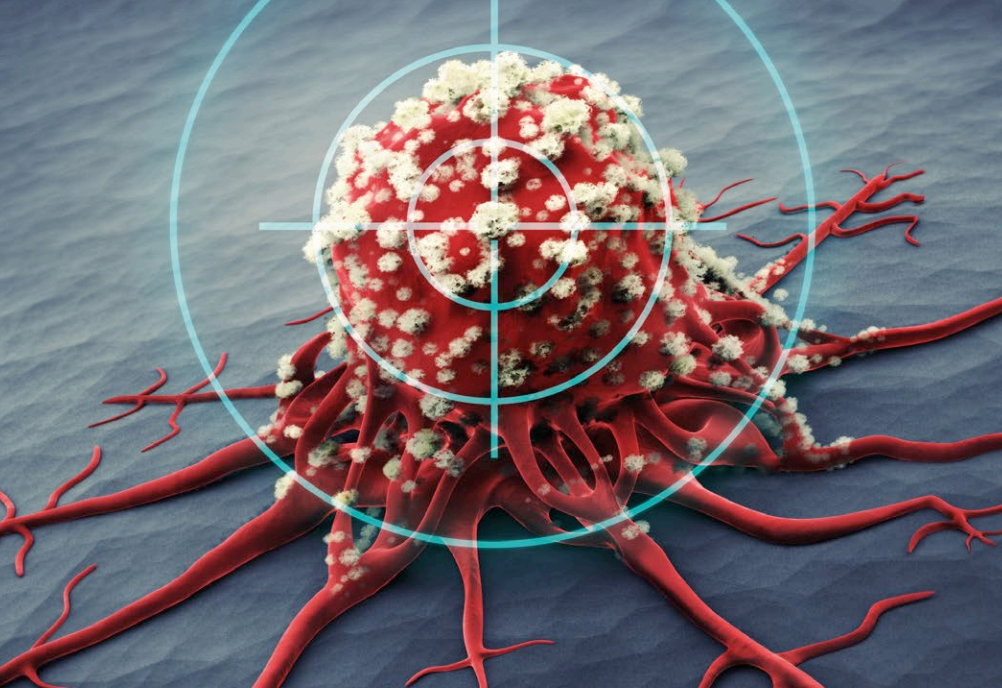Share this Page:
Sarcomatoid renal cell carcinoma (RCC) is difficult to treat and has long been associated with a poor prognosis. Also, the biology of sarcomatoid RCC has remained obscure. Scientists have tried to determine the molecular profile of sarcomatoid RCC and investigate different targeted therapies for genes such as TP53, BAP1, cell cycle, and chromatin-remodelling genes. Investigation of the immunology of sarcomatoid RCC tumours shows programmed cell death ligand-1 (PD-L1) receptors on sarcomatoid RCC cells and high levels of tumour-infiltrating lymphocytes. This may be the basis for the activity of immune checkpoint inhibitors in these patients, which has been confirmed by the retrospective results from large randomised phase 3 trials.
First line treatment with immunotherapy combinations has shown response rates and complete responses in >50% and >10% of patients with metastatic sarcomatoid RCC, with median overall survival exceeding two years. These impressive improvements in survival establishes immune checkpoint inhibitor combinations as a new standard of care in patients with sarcomatoid RCC. Research into gene regulation and the interaction of the tumour with the microenvironment may improve understanding of sarcomatoid RCC and advance the development of effective treatments.













